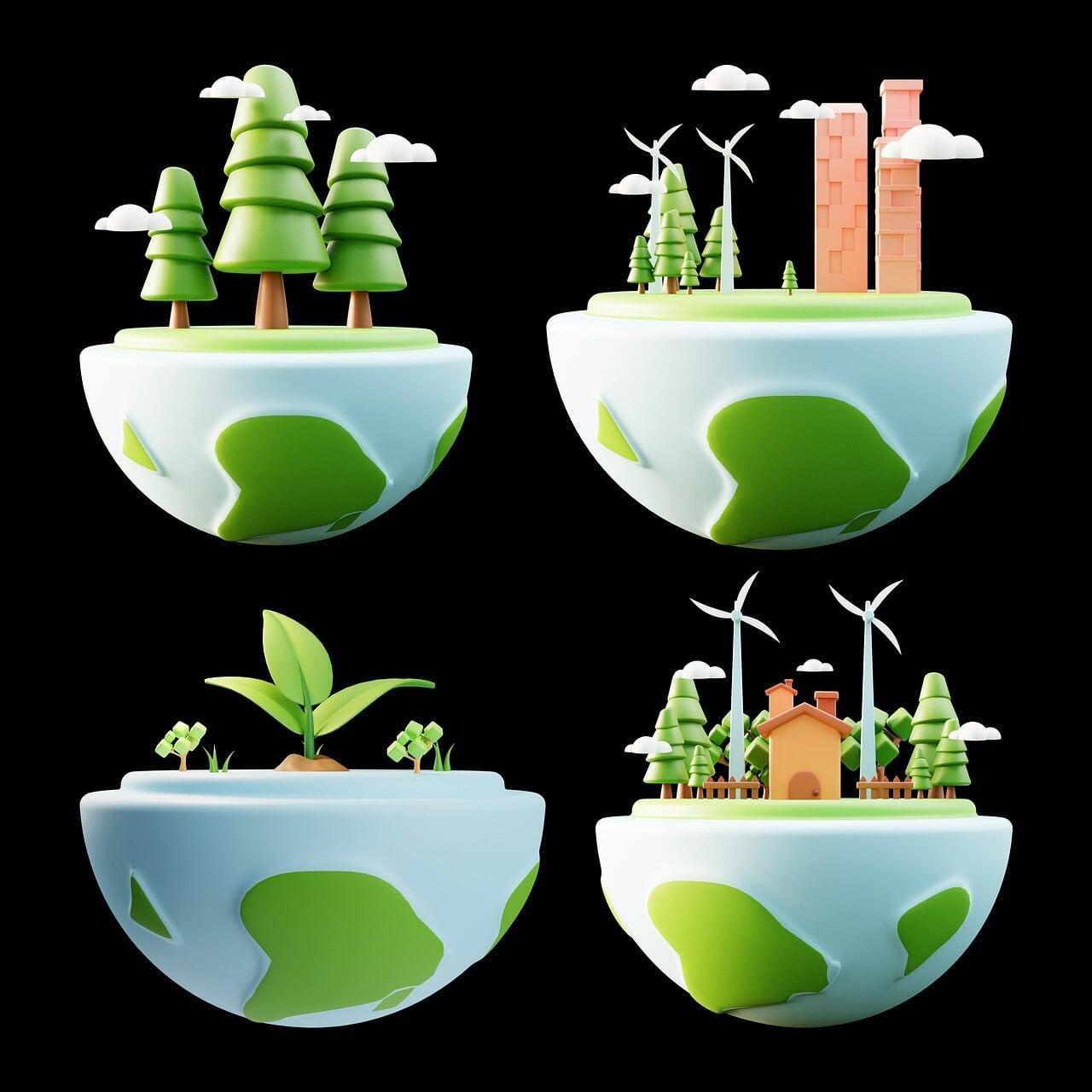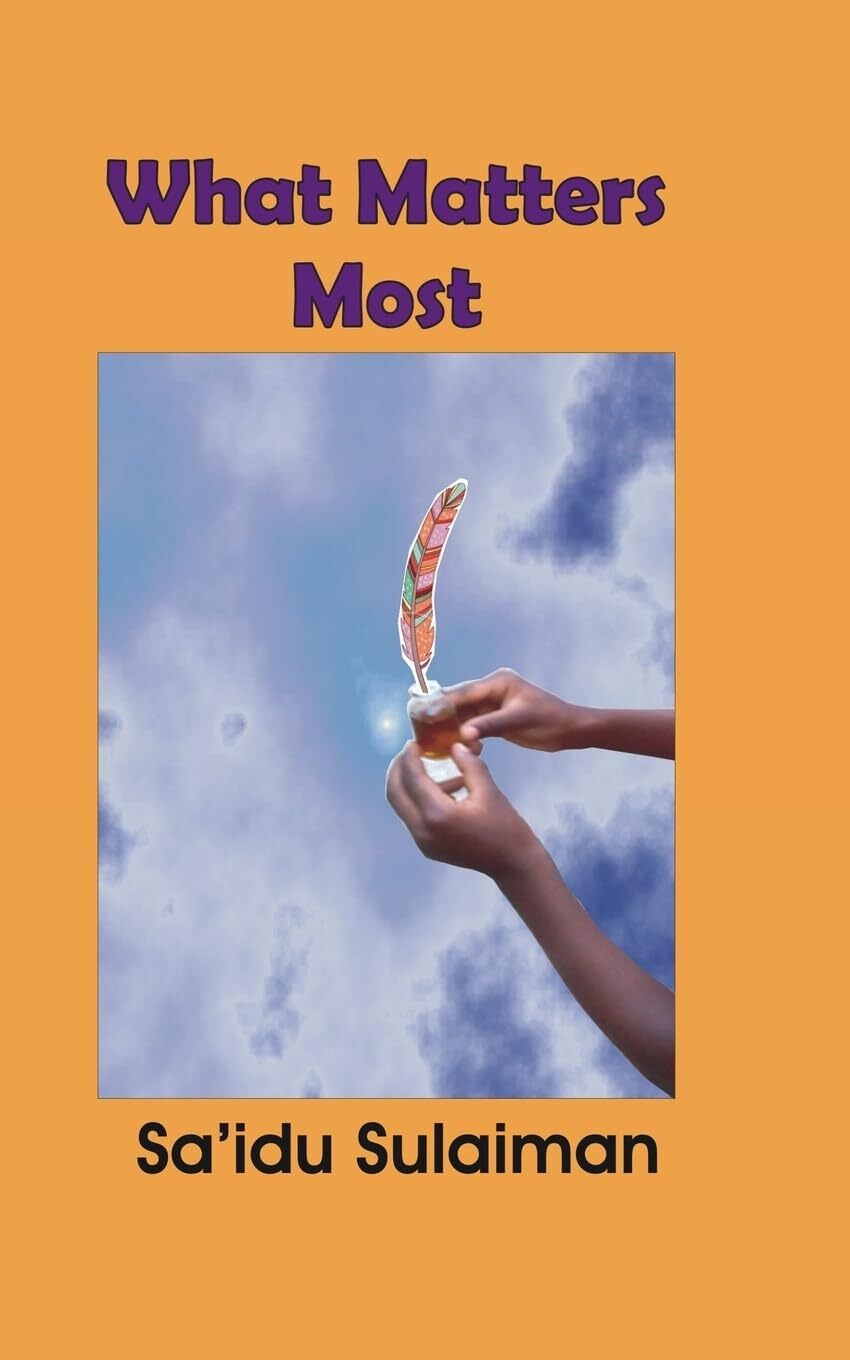
In a world where government policies can shift overnight, relying on federal aid and assistance can leave individuals and families vulnerable. President Donald Trump’s recent aid freeze sent shockwaves across the United States, halting crucial programs like Meals on Wheels and low-income housing assistance. This sudden disruption left many scrambling, highlighting the risks of dependence on government mysupport.
However, those who embrace sustainable living strategies—growing their own food, producing their own energy, and reducing reliance on centralized systems—are better positioned to weather such policy shocks. In this article, we’ll explore the implications of Trump’s aid freeze, the lessons it offers, and sustainable strategies that can shield you from the instability of government decisions.
Trump’s Aid Freeze: A Wake-Up Call
A report by Time magazine reveals that The White House’s Office of Management and Budget sent a memo Monday requiring federal agencies to pinpoint and review all federal financial assistance programs and supporting activities consistent with the Trump’s policies and requirements. The seemingly hurried document created confusion throughout the federal government. “Many civil servants were unsure what it meant for the fate of thousands of programs that Americans rely on, such as Medicaid and the Head Start preschool program,” the report says.
Shortly after taking office for his second term, President Trump issued a sweeping federal aid freeze, temporarily halting funding for various assistance programs,CNN reports. This abrupt decision created chaos, leaving state governments, nonprofits, and vulnerable citizens uncertain about their financial stability.
President Donald Trump’s recent federal aid freeze has intensified concerns about his push for unchecked executive power. The abrupt decision, announced via a White House memo, created nationwide uncertainty, impacting programs like Meals on Wheels and low-income housing assistance. While the administration insists the move is within Trump’s authority, critics argue it undermines congressional control over federal spending.
The freeze, along with other early actions—such as firing Justice Department prosecutors and attempting to repeal birthright citizenship—suggests Trump views the presidency as having near-unlimited power. His administration claims it is merely aligning funding with new policies, but the widespread confusion has already led to legal challenges. A federal judge has temporarily blocked the aid freeze, setting the stage for a major constitutional battle. This situation raises broader concerns about the balance of power in government and whether Trump’s leadership style threatens democratic institutions.
The freeze affected a wide range of federal assistance programs, including:
- Meals on Wheels, which provides food to seniors and disabled individuals.
- Low-income housing assistance, putting struggling families at risk of eviction.
- Education grants and funding, leaving schools and students in limbo.
While the White House framed the freeze as a necessary review of government spending, critics saw it as an overreach of executive power, undermining Congress’s authority over federal budgets. A legal battle ensued, temporarily blocking the freeze, but the damage was already done—many Americans realized just how fragile their reliance on government aid truly is.
Potential Effects Trump's Aid Freeze on Your Life
Trump's decision to freeze aid could have several significant consequences:
Healthcare Disruptions: The halt in funding may interfere with healthcare services, particularly for low-income individuals who depend on Medicaid. This could delay payments to doctors and healthcare providers, potentially forcing some to shut down their practices (Arise News).
Impact on HIV Treatment: The World Health Organization cautioned that the freeze might reverse years of advancements in HIV treatment, especially in low- and middle-income nations. This could lead to a rise in illness and mortality rates among people living with HIV (Vanguard).
Economic Repercussions: Experts have warned that the freeze might trigger a sharp economic downturn by disrupting federal grants and loans, which are essential for state and local governments. This could have a negative effect on public services such as education and infrastructure development (Newsweek).
Legal and Political Issues: The aid freeze led to legal disputes and widespread uncertainty among aid providers. A federal judge temporarily lifted the freeze, citing concerns about its legality and potential consequences (US News).
Lessons from Trump’s Policy Shift
Trump’s aid freeze serves as a stark reminder that:
- Government support is not guaranteed – Policies can change suddenly, leaving individuals without critical assistance.
- Legal battles take time – Even when policies are challenged in court, immediate relief is not always available.
- Preparedness is key – Those with alternative support systems are less affected by political and economic turbulence.
These lessons highlight the importance of self-sufficiency and resilience in uncertain times. The more you can reduce dependence on external systems, the better equipped you’ll be to navigate sudden policy changes.
Sustainable Living Strategies to Protect Yourself
Sustainable living is more than just an environmental movement—it’s a practical way to shield yourself from unpredictable government policies and economic instability. By taking control of key aspects of your daily life, you can ensure stability and resilience no matter what political or financial changes occur. Let’s break down these strategies with real-life examples and thought-provoking questions.
1. Food Security: Grow Your Own Food
Imagine a sudden disruption in food assistance programs or grocery store shortages—how would you feed your family? Growing your own food, even in a small space, can provide a safety net. For example, urban gardeners use vertical gardens, hydroponics, and container gardening to grow vegetables in small apartments. Have you considered starting a small herb or vegetable garden to reduce your reliance on external food sources?
2. Energy Independence: Invest in Renewable Energy
Power outages and rising energy costs can leave many vulnerable. Households with solar panels or wind turbines, however, can generate their own electricity regardless of policy shifts. Take the case of communities in Puerto Rico, where solar-powered microgrids helped restore electricity after hurricanes while others waited months for government aid. As reported by Context, nearly 700 rooftop solar panels “supply 14 local shops including a pharmacy and bakery and feed into a standalone network that can operate independently of the island's creaky, fossil fuel-powered grid - providing a backup during lengthy power outages after storms.”
Would you consider installing solar panels or a backup generator to ensure energy security in your home?
3. Financial Resilience: Build Emergency Savings and Multiple Income Streams
Relying on government aid alone can be risky, as seen during the aid freeze, which left many struggling. Those with diversified income sources, such as remote work, freelance gigs, or small businesses, were better prepared. Think about the gig economy—people who drive for rideshare services, sell handmade products online, or offer virtual consulting can create financial buffers. What are some skills or hobbies you could turn into an extra income source?
4. Community Support: Strengthen Local Networks
When government support falters, strong local communities step in. In times of crisis, barter networks, co-ops, and community-supported agriculture (CSA) programs help people access food and essential supplies. For example, in Detroit, urban farming initiatives allow neighbors to exchange produce and resources, reducing reliance on unstable government programs. The Yes magazine explains more about the community-supported agriculture programs.
Who in your local community could you collaborate with to build a resilient support system?
5. Housing Stability: Explore Off-Grid and Sustainable Housing Options
What if rental assistance or housing subsidies were suddenly cut? Many people have turned to alternative housing solutions like tiny homes, earthship houses, or cooperative living to reduce their dependence on government programs. For instance, communities like Earthaven Ecovillage in North Carolina have built self-sustaining homes with renewable energy and shared resources. Could off-grid or cooperative living be a feasible option for you in the future?
Sustainable living offers a powerful defense against sudden government policy shifts. By embracing self-sufficiency, you can safeguard your family’s well-being regardless of political or economic turmoil. By taking proactive steps toward self-sufficiency, you gain more control over your well-being and security, no matter what happens politically or economically. Which of these strategies do you think would be the easiest for you to start implementing today?
Conclusion
Trump’s aid freeze was a powerful reminder that government policies can change overnight, disrupting millions of lives. While legal battles and political debates will continue, one thing remains clear: individuals who embrace sustainable living strategies are better prepared for uncertainty. By growing your own food, generating your own energy, strengthening financial resilience, and building strong community networks, you can shield yourself from the fallout of unpredictable government actions. In an era of political instability, sustainability is more than just an eco-friendly lifestyle—it’s a survival strategy.
Are you ready to take control of your future? Start your journey toward self-sufficiency today!
Share this post with your loved ones because sharing is caring.
